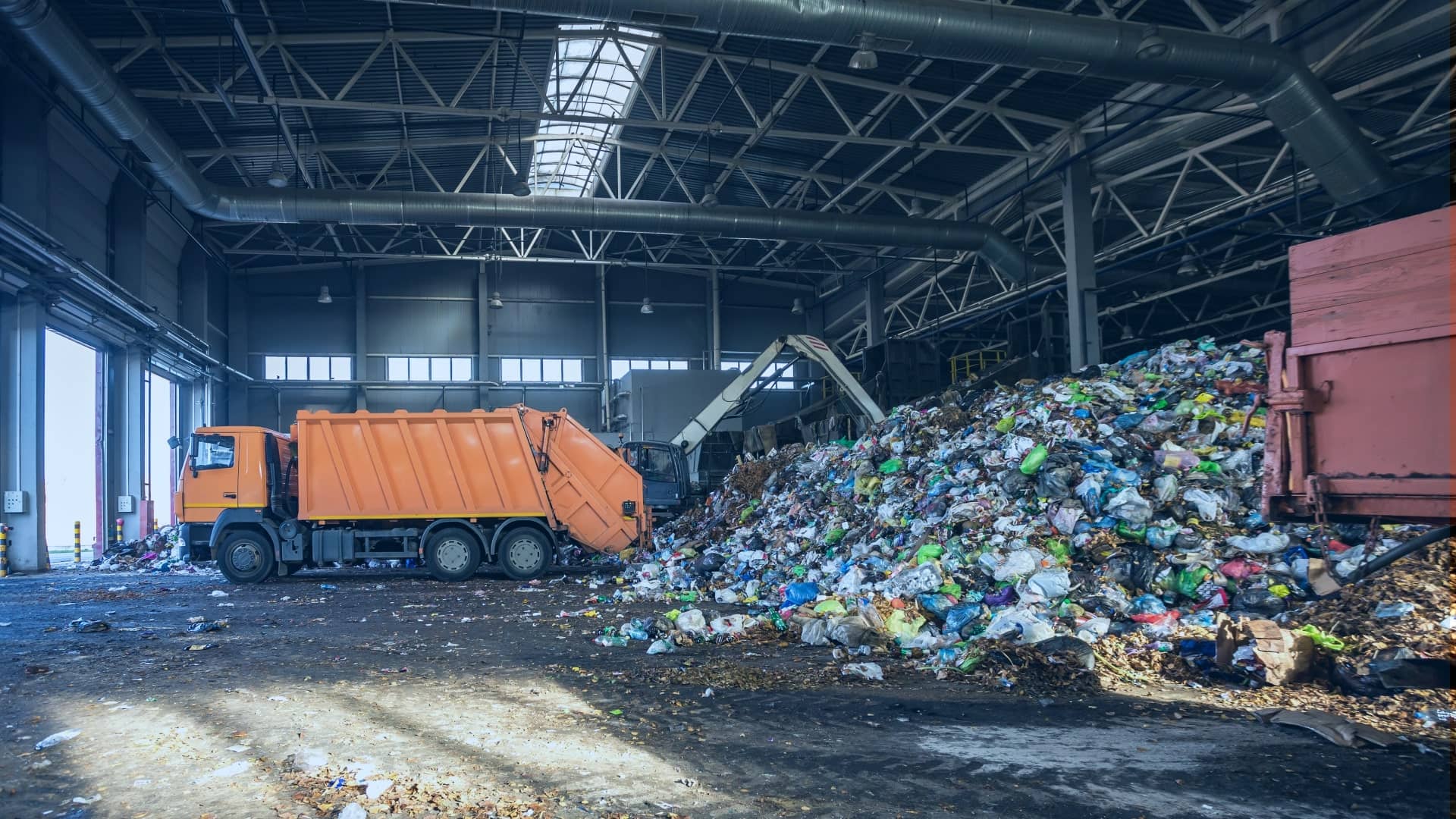Some Of Reclaim Waste
Some Of Reclaim Waste
Blog Article
How Reclaim Waste can Save You Time, Stress, and Money.
Table of ContentsGetting The Reclaim Waste To WorkFascination About Reclaim WasteUnknown Facts About Reclaim Waste10 Easy Facts About Reclaim Waste ShownThe 7-Minute Rule for Reclaim Waste
Check out the types, events, and kinds of liquid waste. Residential sewage waste describes the waste and products from a domestic sewage-disposal tank. This type of waste is created by people in houses, colleges, and other buildings. This only consists of sewage-disposal tanks that have a drainpipe field. The correct administration and disposal of domestic sewage waste call for liquid waste to be transferred to a sewage treatment plant where the proper methods and tools are applied to detoxify and deal with waste.
Commercial waste commonly consists of possible dangers, such as flammable products or a blend of fluid and solid waste products, and calls for a more innovative and detailed disposal process. The disposal of business waste generally entails the filtration of waste before transport to ensure risk-free and correct disposal. Industrial waste is created from by-products and runoff of commercial procedures and manufacturing.
This type of waste can not make use of the same sewage administration transport or procedures as septic or business fluids. The hazardous waste monitoring procedure calls for the inspection and testing of fluid waste prior to it undergoes the disposal process (liquid waste disposal). Runoff waste is the liquid waste that comes from drainage and excess stormwater in very booming locations or cities
Overflow waste can trigger contamination and flooding otherwise managed appropriately. Discover more about drain cleaning and waste management. Ensuring proper waste management can prevent calamities and lower ecological harm. Both people in residential settings and experts in industrial or production industries can take advantage of recognizing the processes and policies of liquid waste monitoring.
5 Easy Facts About Reclaim Waste Explained
Get in touch with PROS Services today to find out about our waste monitoring and disposal services and the correct methods to care for the liquid waste you produce.
(https://www.behance.net/leonaube)Do you recognize what takes place to your water when you disengage, purge the commode or drain the washing equipment? No? Well, it deserves understanding. This so-called 'wastewater' is not just an essential source but, after therapy, will be launched to our land, waterways or the sea. Utilized water from commodes, showers, bathrooms, kitchen sinks, washings and industrial procedures is called wastewater.

water made use of to cool down equipment or clean plant and equipment). Stormwater, a kind of wastewater, is overflow that flows from farming and urban locations such hop over to here as roof coverings, parks, gardens, roadways, paths and rain gutters into stormwater drains, after rainfall. Stormwater streams neglected directly to neighborhood creeks or rivers, ultimately reaching the sea.
Some Known Factual Statements About Reclaim Waste
In Queensland, most wastewater is treated at sewer therapy plants. Wastewater is moved from domestic or industrial sites through a system of sewers and pump stations, known as sewerage reticulation, to a sewage treatment plant. City governments build, keep and run most sewer therapy plants. Operators are accredited under the Environmental Defense Act 1994 to release cured wastewater at an appropriate ecological standard into rivers.
The Division of Natural Resources suggests city governments about handling, operating and preserving sewerage systems and treatment plants. In unsewered locations, regional governments might call for homeowners to install specific or family sewage therapy systems to deal with domestic wastewater from commodes, kitchen areas, bathrooms and washings. The Department of Natural Resources authorises making use of family systems when they are shown to be effective.
In some brand-new class, treatment of some stormwater to eliminate trash, sand and gravel has started making use of gross pollutant catches. Wastewater therapy takes place in four phases: Removes solid issue.
Wastewater then moves into big containers where solids work out and are gotten rid of as sludge. Grease and scum are skimmed from the surface area. Uses small living microorganisms understands as micro-organisms to break down and get rid of staying liquified wastes and great bits. Micro-organisms and wastes are included in the sludge. Eliminates nitrogen and phosphorus nutrients that could trigger algal blossoms in our rivers and threaten aquatic life.
The Ultimate Guide To Reclaim Waste
Nutrient removal is not readily available in all sewer therapy plants due to the fact that it calls for pricey specialised devices. It is coming to be a lot more common in Queensland. Clear fluid effluent created after therapy might still include disease-causing micro-organisms. If this effluent is released right into waterways such as rivers or the sea, the micro-organisms will ultimately die out.

Many wastewater moves into the sewage system. Under the Act, regional governments carry out approvals and permits for ecologically pertinent tasks (Periods) involving wastewater launches that may have a neighborhood impact.
Reclaim Waste - An Overview
Or else, samples are taken for lab evaluation. Commonly many tests are needed to develop the degrees of each of the various toxins such as oils, heavy metals and pesticides in water. Tracking gives factual information about water high quality and can validate that permit problems are being fulfilled. The information acquired with tracking offers the basis for making water top quality choices.
Report this page